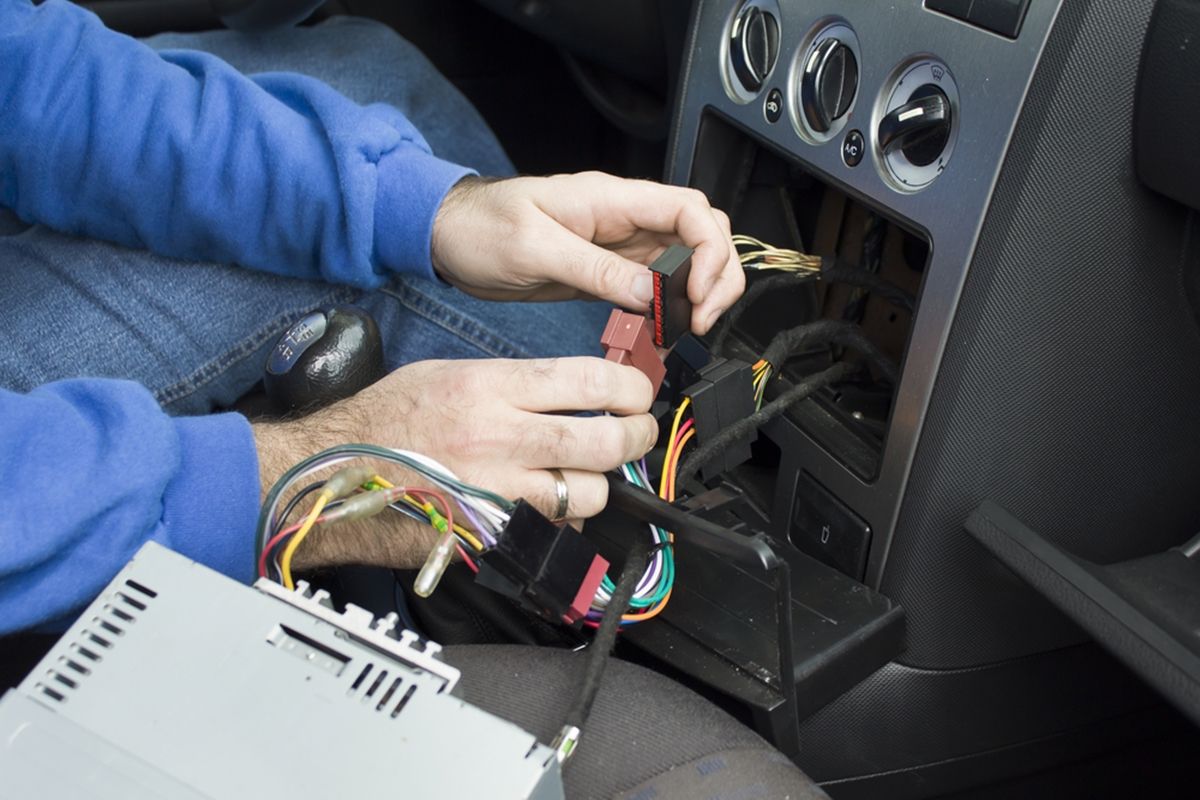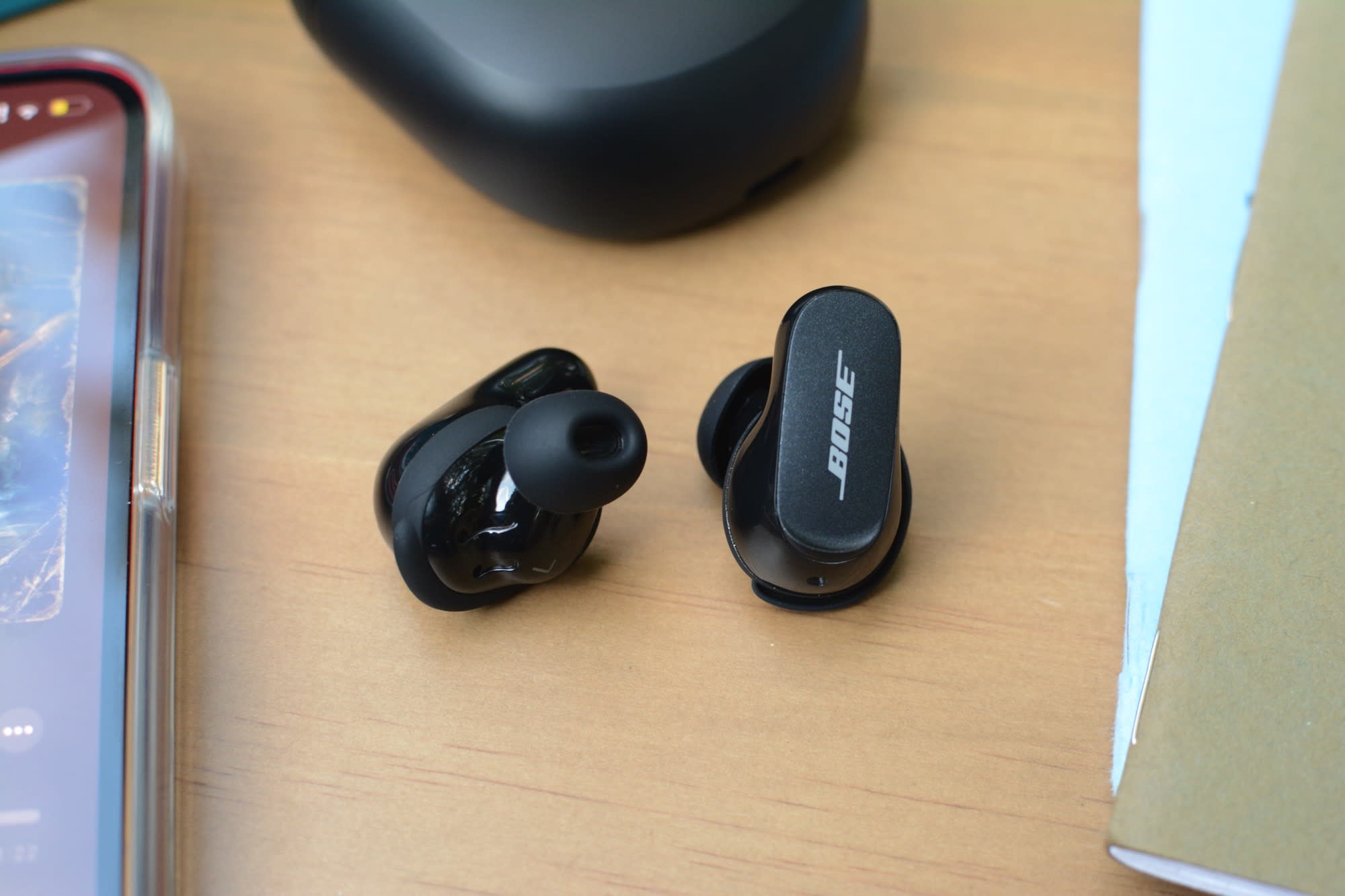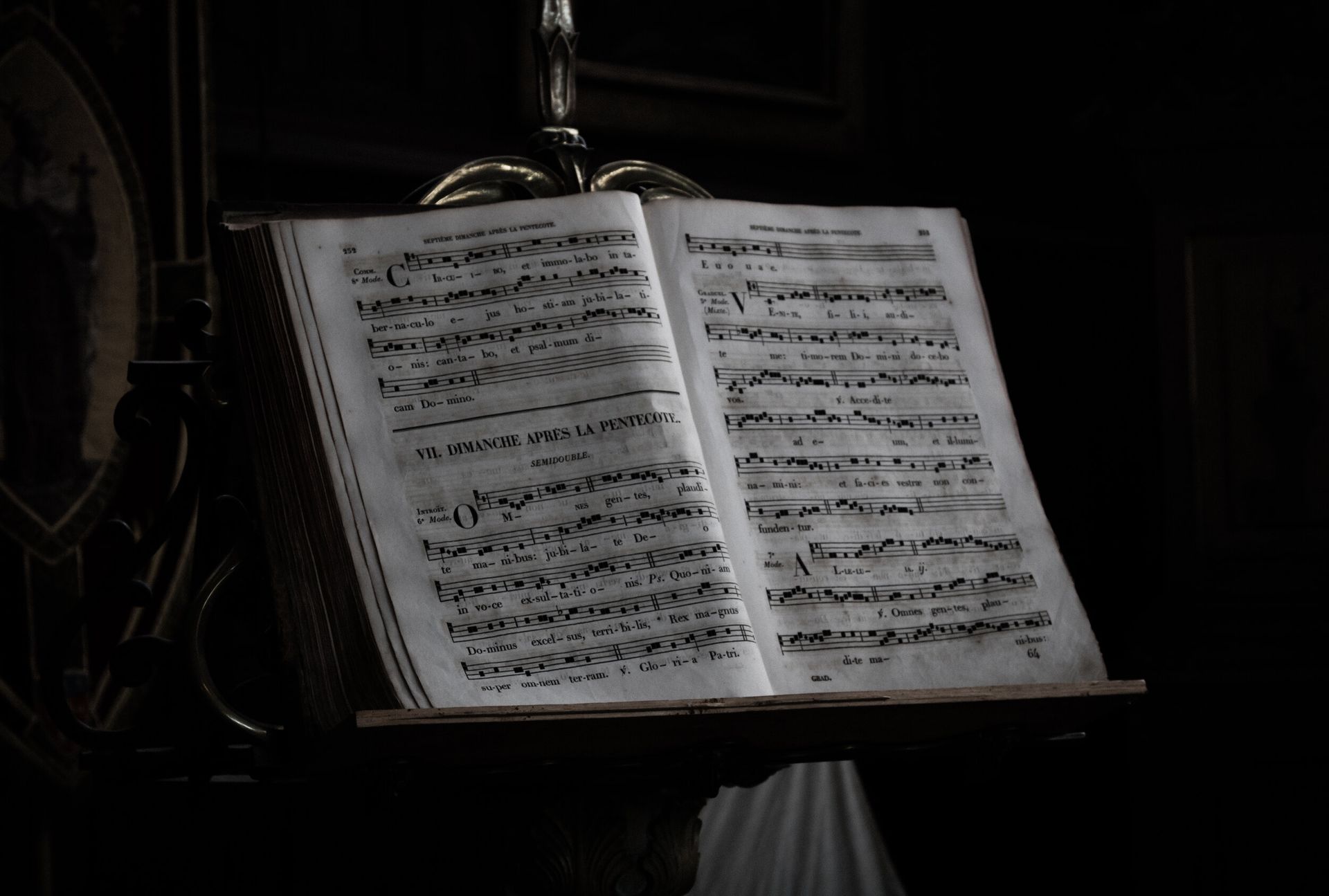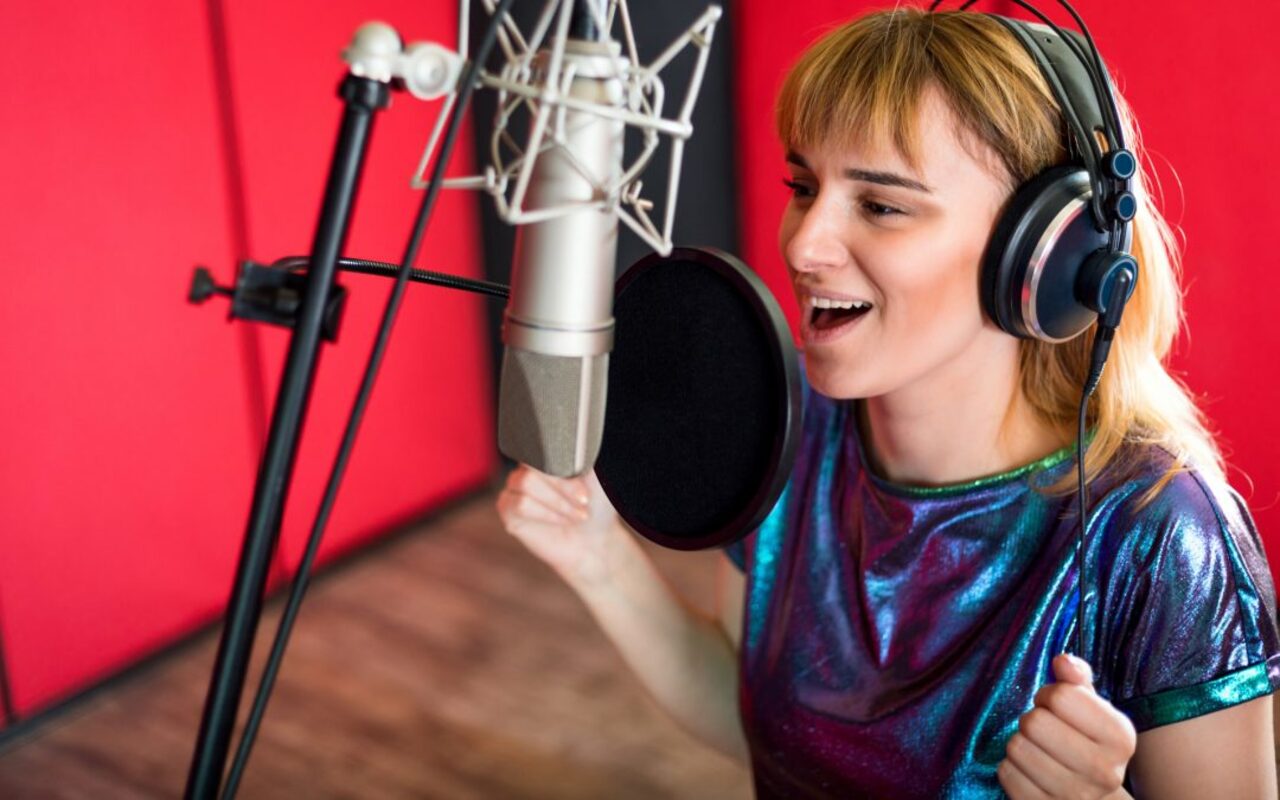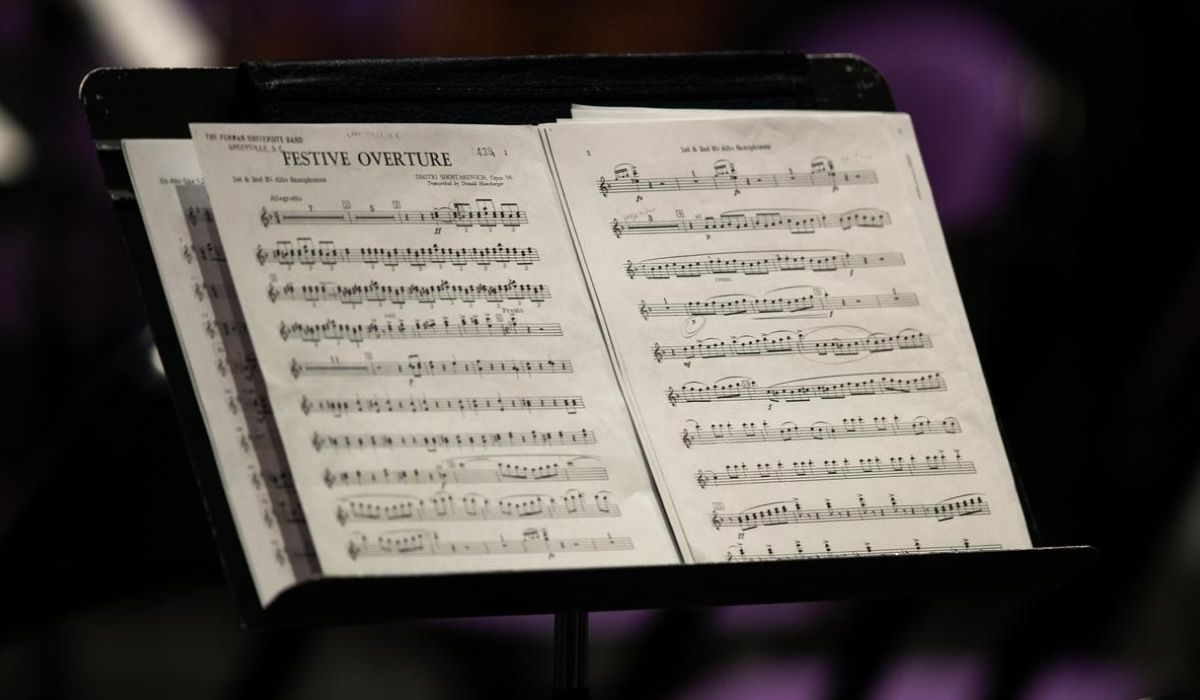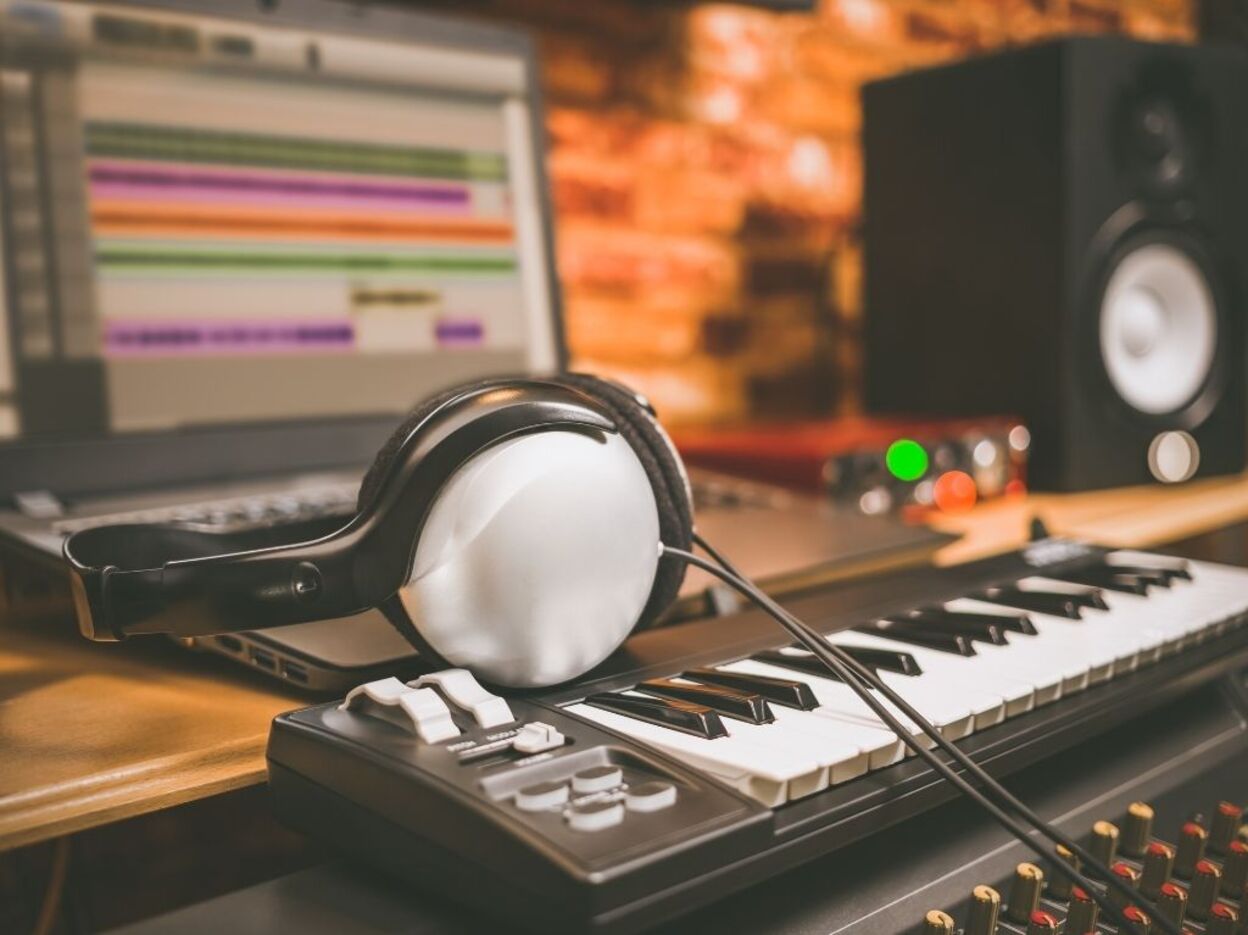Home>Instruments>Piano>How Long Does It Take To Learn Piano
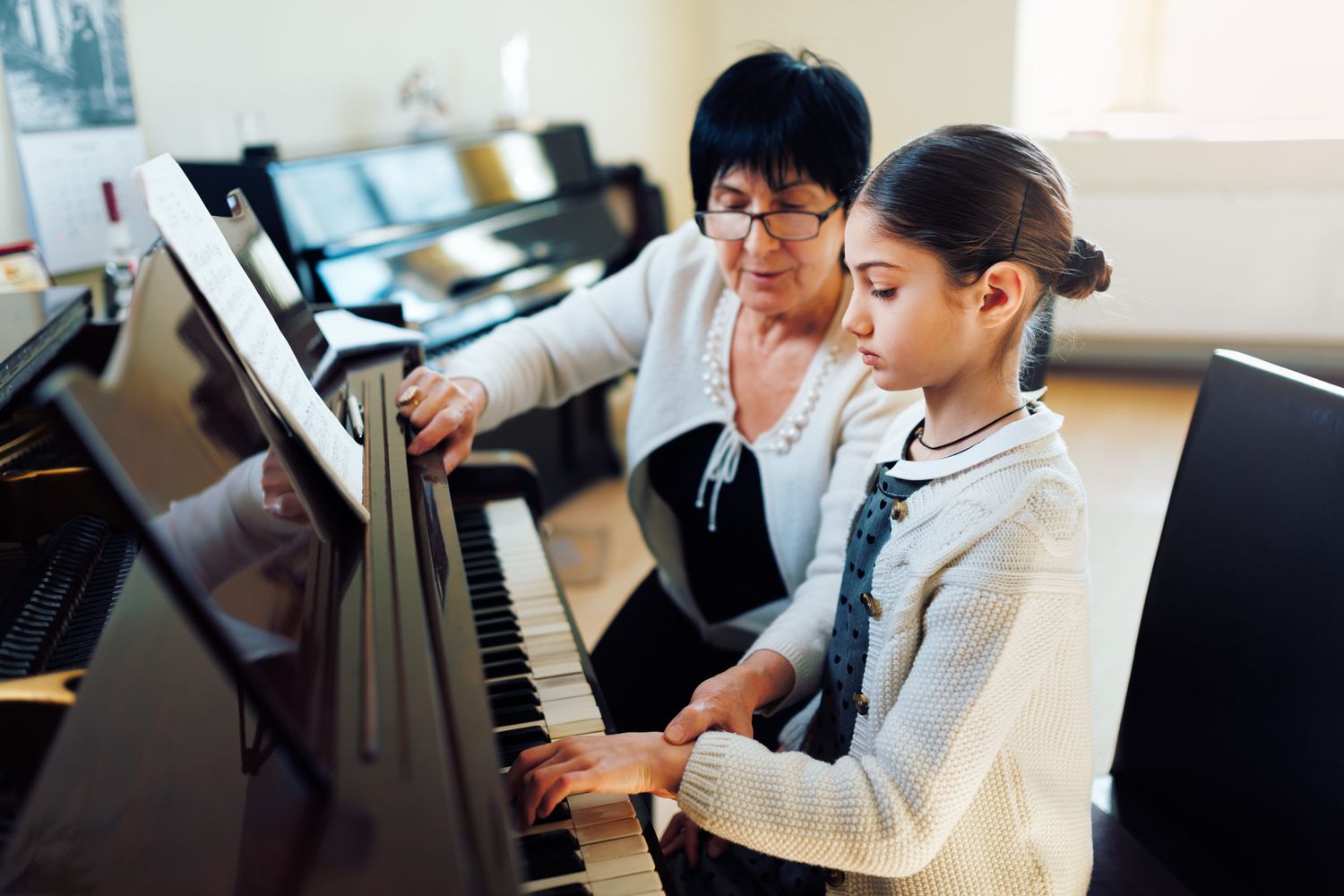

Piano
How Long Does It Take To Learn Piano
Modified: February 10, 2024
Discover how long it takes to learn piano and master the keys with expert tips and guidance. Start your musical journey today!
(Many of the links in this article redirect to a specific reviewed product. Your purchase of these products through affiliate links helps to generate commission for AudioLover.com, at no extra cost. Learn more)
Table of Contents
Introduction
Learning to play the piano is a rewarding journey that offers a myriad of cognitive, emotional, and creative benefits. Aspiring pianists often wonder about the time it takes to master this beautiful instrument. While the exact duration varies for each individual, several factors influence the learning process. Understanding these factors can provide valuable insights for beginners embarking on this musical adventure.
The journey of learning the piano is akin to a captivating story, with each chapter unfolding new challenges and triumphs. It requires dedication, patience, and a genuine passion for music. Whether you are a novice eager to strike the first chord or an intermediate player aiming to refine your skills, the path to piano proficiency is an enriching experience.
Embarking on this musical odyssey entails embracing the instrument's rich history, understanding musical theory, and nurturing a deep connection with the keys. From the timeless compositions of Mozart to the contemporary melodies of Ludovico Einaudi, the piano offers a canvas for artistic expression and emotional resonance. As we delve into the factors influencing the learning process, let's embark on this harmonious expedition, where each keystroke resonates with the promise of musical mastery.
Factors Affecting Learning Time
The duration required to learn the piano is influenced by several key factors, each playing a crucial role in shaping the learning experience. Understanding these factors can provide valuable insights for aspiring pianists, guiding them through a fulfilling and effective learning journey.
- Practice Consistency: The frequency and consistency of practice sessions significantly impact the learning curve. Regular practice, even for shorter durations, fosters muscle memory, dexterity, and familiarity with musical patterns.
- Instruction and Guidance: The quality of instruction and guidance from a skilled piano teacher or reputable online resources can expedite the learning process. Effective guidance ensures proper technique, musical interpretation, and efficient skill development.
- Individual Learning Pace: Each individual possesses a unique learning pace influenced by factors such as prior musical experience, cognitive abilities, and innate musicality. Embracing one’s personal learning pace fosters a patient and sustainable approach to skill development.
- Commitment and Motivation: The level of commitment and intrinsic motivation towards mastering the piano significantly impacts the learning duration. A genuine passion for music fuels perseverance and resilience during challenging learning phases.
- Learning Methodology: The chosen learning methodology, whether traditional sheet music-based learning or alternative approaches like chord-based learning, influences the learning duration and the breadth of musical repertoire.
- Instrument Accessibility: Access to a quality instrument for consistent practice is vital. A well-maintained piano with responsive keys and an authentic sound fosters a conducive learning environment.
By acknowledging these pivotal factors, aspiring pianists can navigate their musical journey with clarity and purpose, harnessing the influential elements that shape their path towards piano proficiency. Each factor intertwines with the next, creating a symphony of influences that define the unique trajectory of piano learning for every individual.
Beginner Level
Embarking on the piano journey at the beginner level is akin to setting sail on a musical adventure, brimming with excitement and the promise of newfound skills. At this stage, aspiring pianists acquaint themselves with fundamental concepts, basic techniques, and the layout of the keyboard. The duration to progress from a novice to a proficient beginner is influenced by various factors, including practice consistency, foundational instruction, and the individual’s musical aptitude.
For beginners, establishing a consistent practice routine forms the cornerstone of progress. Daily practice sessions, even if brief, cultivate muscle memory, finger dexterity, and familiarity with fundamental musical notation. The guidance of a knowledgeable instructor or well-structured online lessons can provide beginners with a solid foundation in piano technique, music theory, and the ability to interpret simple musical pieces.
Furthermore, the beginner stage lays the groundwork for understanding essential musical elements such as rhythm, melody, and basic harmony. As beginners gradually assimilate these elements into their playing, they develop a sense of musicality and expression, nurturing the seeds of artistic interpretation.
The duration to transition from a novice to a proficient beginner varies based on the aforementioned factors, with some individuals progressing more rapidly due to prior musical experience or innate musical aptitude. However, for most beginners committed to regular practice and guided instruction, a few months of dedicated effort can yield noticeable progress, marking the initial steps in their enchanting piano journey.
Intermediate Level
As pianists progress to the intermediate level, their musical journey transcends the foundational aspects, delving into more intricate techniques, diverse musical styles, and nuanced expression. The duration to transition from a proficient beginner to an intermediate pianist is influenced by a combination of consistent practice, focused skill development, exposure to varied musical repertoire, and a deepening understanding of musical theory.
At the intermediate level, pianists refine their technical proficiency, honing skills such as hand independence, dynamic control, and nuanced pedaling techniques. This stage often involves the exploration of diverse musical genres, from classical compositions by Chopin and Debussy to modern pieces by contemporary composers, broadening the pianist’s musical horizons.
Moreover, the intermediate stage nurtures the development of interpretative skills, encouraging pianists to imbue their performances with emotional depth and personal expression. Understanding musical phrasing, subtle articulations, and the historical context of compositions enriches the pianist’s interpretative prowess, fostering captivating and evocative performances.
The duration to progress from a proficient beginner to an intermediate pianist varies based on the individual’s commitment, practice regimen, and exposure to diverse musical experiences. For dedicated learners, this transition typically occurs over the course of several years, marked by consistent progress, musical exploration, and the cultivation of a mature musical identity.
Advanced Level
Reaching the advanced level in piano mastery signifies a profound musical journey marked by dedication, perseverance, and an unwavering passion for the instrument. At this stage, pianists exhibit a comprehensive command of technical prowess, interpretative depth, and a profound understanding of musical nuances. The duration to ascend from an intermediate pianist to an advanced virtuoso is shaped by an amalgamation of factors, including relentless practice, exposure to a diverse range of repertoire, mentorship from seasoned musicians, and a deep-seated commitment to artistic excellence.
Advanced pianists demonstrate exceptional technical proficiency, effortlessly navigating complex passages, intricate polyrhythms, and demanding virtuosic repertoire. Their interpretative skills transcend the notes on the page, delving into the realm of profound musical expression, nuanced phrasing, and captivating storytelling through music.
Furthermore, at the advanced level, pianists often engage in performance opportunities, masterclasses, and collaborations with other musicians, fostering a multifaceted understanding of musical collaboration and stage presence. Mentorship from esteemed pianists and musicians provides invaluable guidance, shaping the pianist’s artistic vision and refining their approach to musical interpretation.
The duration to progress from an intermediate pianist to an advanced virtuoso varies widely based on the individual’s unwavering commitment, innate musicality, and exposure to diverse musical experiences. For many dedicated pianists, this transition unfolds over the span of several years, characterized by relentless dedication, artistic maturation, and the cultivation of a distinctive musical identity.
Conclusion
The journey of learning the piano is a transformative odyssey, encompassing the joy of discovery, the discipline of practice, and the profound artistry of musical expression. The duration to master this timeless instrument is influenced by a myriad of factors, including practice consistency, quality instruction, individual learning pace, commitment, and the chosen learning methodology.
At the beginner level, aspiring pianists embark on a foundational exploration, acquainting themselves with the keyboard, fundamental techniques, and essential musical concepts. The transition to the intermediate level marks a significant evolution, characterized by refined technical proficiency, diverse musical exploration, and the cultivation of interpretative depth. Finally, reaching the advanced level signifies a pinnacle of artistic achievement, embodying exceptional technical mastery, profound musical expression, and a deep understanding of the piano’s boundless potential.
Throughout this musical expedition, the duration to progress through these levels varies for each individual, shaped by their dedication, passion, and the guidance they receive. The piano, with its timeless allure and limitless expressive capabilities, offers a profound and enriching journey for those who embark on the path of musical mastery.
As aspiring pianists embrace this harmonious odyssey, they are encouraged to cherish each moment of discovery, celebrate each milestone of progress, and revel in the transformative power of music. Whether embarking on the beginner’s voyage, navigating the nuances of the intermediate stage, or reaching the summit of advanced artistry, the piano beckons with the promise of endless musical horizons and the timeless resonance of artistic expression.

